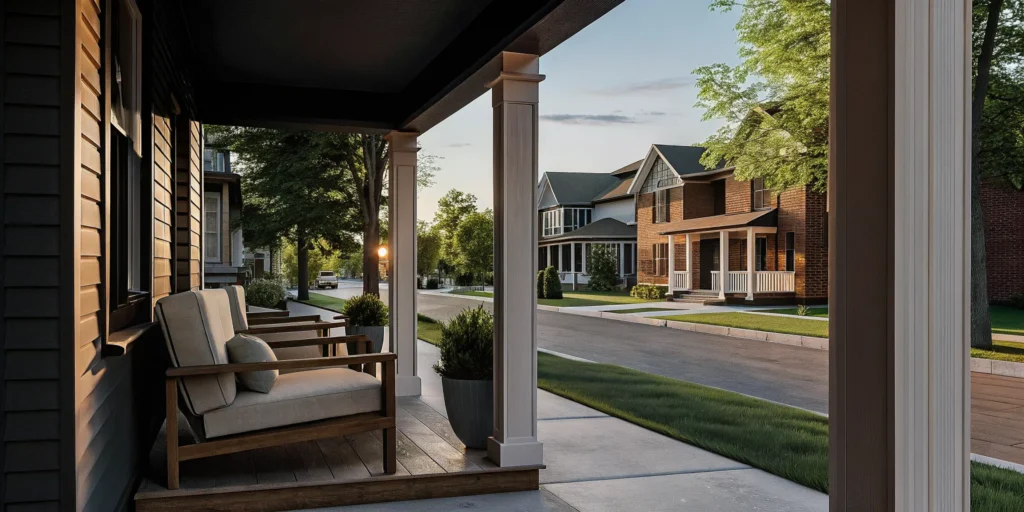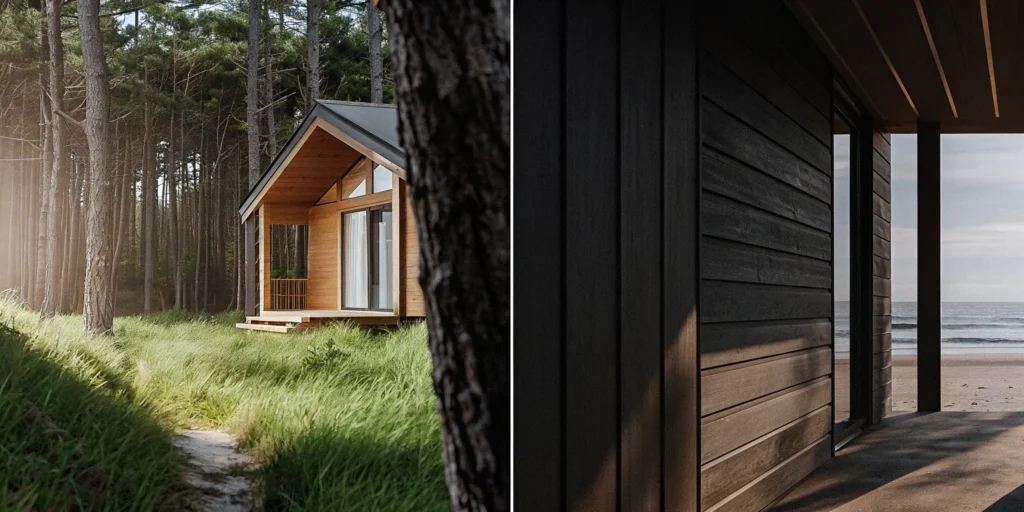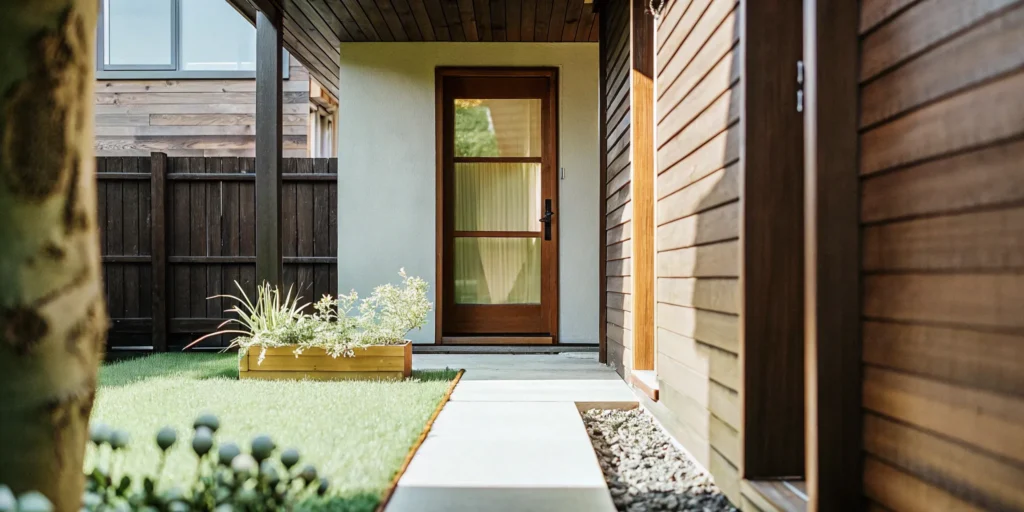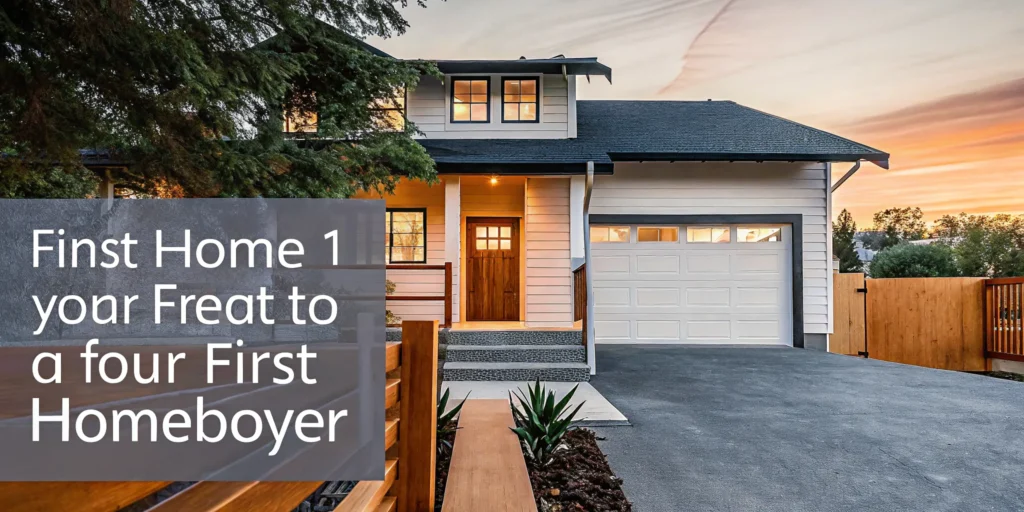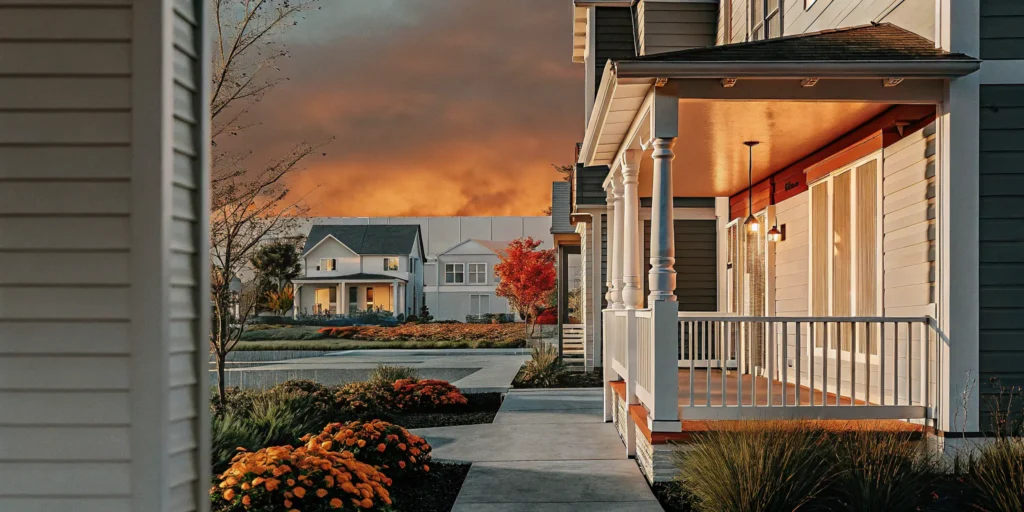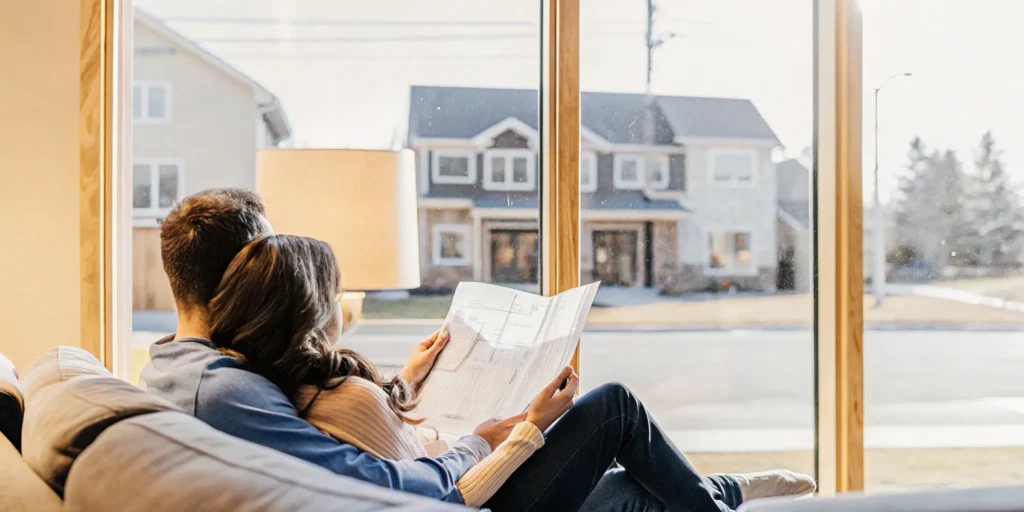Stop scrolling through dream homes you can’t afford. Start building a realistic path to the keys in your hand. The excitement of homeownership can quickly turn into financial stress if you bite off more than you can chew. But here’s the good news: with the right approach, you can find a home that fits both your dreams AND your budget. Let’s dive into the strategies that will put you in control of your home-buying journey. Why Getting This Right Matters More Than Ever In today’s market, overextending yourself isn’t just uncomfortable—it’s dangerous. Rising interest rates, inflation, and unexpected expenses can turn your dream home into a financial nightmare. Smart buyers know that the sweet spot isn’t the most expensive home they qualify for, but the one that leaves room for life’s surprises. Your 7-Step Roadmap to Home Affordability 1. Master Your Debt-to-Income Ratio (The Make-or-Break Number) Your DTI ratio is the number that will determine your mortgage fate. Lenders want to see 43% or lower, but here’s the insider secret: aim for 36% to give yourself breathing room. Quick DTI Formula: (Total Monthly Debt Payments ÷ Gross Monthly Income) × 100 = Your DTI% Real-World Example: If you earn $6,000 monthly and have $1,500 in existing debt payments, your DTI is 25%—leaving you room for about $660 in additional housing costs to stay at that golden 36%. 2. Build a Budget That Actually Works Forget generic budgeting advice. Create a budget that accounts for YOUR life. Track your spending for 30 days to see where your money really goes. You might discover you’re spending $300 monthly on subscriptions and takeout—money that could boost your housing budget or emergency fund. Pro Tip: Use the 50/30/20 rule as a starting point: 50% for needs (including housing), 30% for wants, 20% for savings and debt repayment. 3. Strategic Down Payment Planning Here’s what most people get wrong about down payments: bigger isn’t always better. While 20% avoids PMI, don’t drain your emergency fund to hit that number. Smart Down Payment Strategies: 4. The Hidden Costs That Blindside New Homeowners Your mortgage payment is just the beginning. Smart buyers budget for the “extras” that catch others off guard: Monthly Essentials: Annual Surprises: Real Talk: If you’re stretching to afford the mortgage payment alone, you’re not ready to buy. 5. Get Pre-Approved (But Do It Smart) Pre-approval isn’t just about knowing your limit—it’s about shopping smart. Here’s how to make it work for you: Before You Apply: Insider Secret: Get pre-approved for less than your maximum qualification. If you qualify for $400,000, consider looking at homes up to $350,000. You’ll have negotiating power and financial flexibility. 6. Technology That Actually Helps Skip the generic mortgage calculators. Use tools that factor in your real costs: Must-Try Calculators: Power Move: Use mortgage calculators to see how extra payments affect your timeline. Sometimes an extra $100 monthly can save you years and thousands in interest. 7. When to Call in the Professionals A financial advisor isn’t just for wealthy people. Consider professional help if you: Red Flags That You’re Not Ready Yet Be honest with yourself. You should wait if you: Your Next Steps Start Now The Bottom Line The right home isn’t the most expensive one you can qualify for—it’s the one that fits comfortably within your means while still meeting your needs. When you find that sweet spot, you’ll sleep better at night knowing you made a smart financial decision that sets you up for long-term success. Remember: A house becomes a home when you can afford to truly enjoy living in it. Start with solid financial footing, and everything else will follow. Ready to take the next step? Your dream home is waiting—and now you know exactly how to afford it.on your journey to homeownership, it’s crucial to determine how much home you can afford comfortably without straining your finances. Here are some strategies to help you find that sweet spot:



